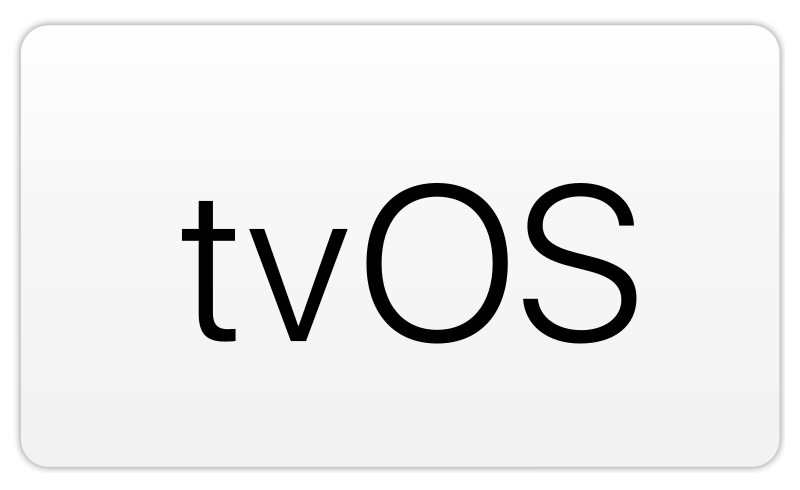Creating a WhatsApp Account Independently from Facebook or Instagram

In a digital age saturated with integrated social media platforms, many users may wish to utilize messaging services without being tethered to larger ecosystems. WhatsApp, a widely used messaging application owned by Meta Platforms, Inc., provides users with the ability to create accounts independently from Facebook or Instagram. This article outlines the process for establishing a WhatsApp account that is not linked to any of Meta's other services, highlighting the app's functionality and privacy considerations.
To initiate the registration process for WhatsApp, users must first download the application on their smartphones. Upon opening the app, the user is prompted to enter a valid phone number. Following this, a unique six-digit verification code will be sent to the provided number to complete the registration. Alternatively, users may opt to receive the verification code via a voice call if they prefer.
This process emphasizes WhatsApp's position as a standalone messaging service, allowing users to communicate via text, voice, and video without the need for a Facebook or Instagram account. “WhatsApp was designed to function as an independent service, offering end-to-end encryption for enhanced privacy,” stated Dr. Emily Carter, a Professor of Digital Communications at Stanford University, in her 2023 study published in the Journal of Online Privacy.
Despite WhatsApp's affiliation with Meta, it maintains a significant degree of autonomy. This feature is appealing to users concerned about privacy and data sharing within Meta’s broader ecosystem. According to a 2023 survey conducted by the Pew Research Center, 56% of respondents expressed concerns about how social media companies handle user data, reinforcing a growing demand for more privacy-oriented platforms.
Furthermore, once users establish their WhatsApp accounts, they have the option to integrate their accounts with Facebook or Instagram later on. This can be achieved by navigating to the app's Settings panel and selecting the Accounts Center option, where they can add their Facebook or Instagram accounts. This integration allows Meta to tailor experiences across its platforms but also raises questions about data sharing and user consent.
Industry leaders have also commented on the implications of this integration. Mark Thompson, CEO of Digital Privacy Solutions, stated, “While linking accounts can enhance user experience through personalization, it is crucial for users to remain informed about the data they share and how it is utilized.”
As the digital landscape continues to evolve, the ability to use applications like WhatsApp independently of larger social media accounts may become increasingly important to users. The implications for privacy, data security, and user autonomy are substantial, prompting ongoing discussions within the realms of technology and telecommunications.
In conclusion, WhatsApp offers a viable alternative for those seeking to communicate without the integration of other social media accounts. By enabling users to create accounts solely with a phone number, the application reinforces its commitment to providing a secure and private messaging platform. As users navigate their digital identities, understanding the options available for account creation and privacy management will remain paramount.
For further reading on digital privacy and user autonomy in messaging applications, see the recent report by the Electronic Frontier Foundation, published in May 2023, which explores user rights in the context of evolving digital communication technologies.
Advertisement
Tags
Advertisement





